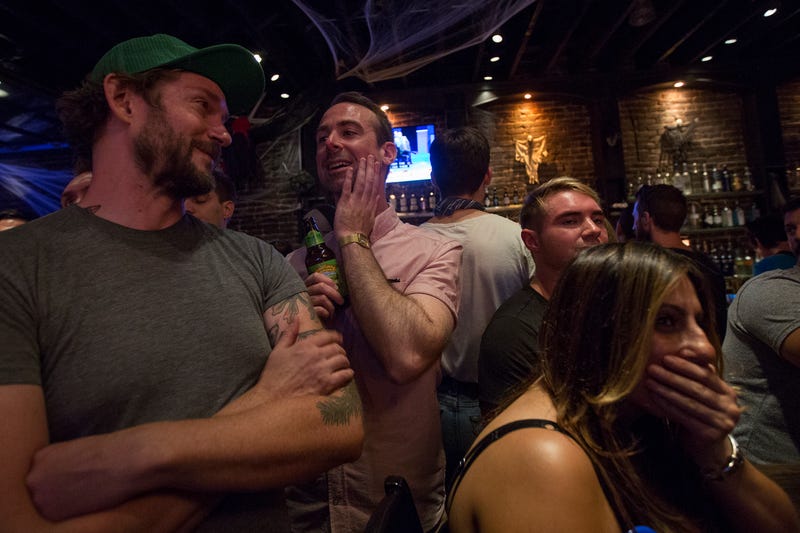
It’s probably been engrained in your mind since you were young: “Don’t talk to strangers!” For children of the 80’s, it was an especially prominent message in most media. However, according to psychologists and therapists, it’s actually GOOD for your mental well-being to engage with strangers. Dr. Matt Morris, a Professor of Counseling at Holy Cross, emphasizes that especially in these times where we increasingly distrust those we don’t know, talking to strangers is actually beneficial. “It’s really important for both our mental and physical health to remain open to the people and familiar faces we see throughout our community,” he notes. “These ‘weaker ties’ as they’re known in social science are really important for making us feel safer and more secure in our community. We can’t do that if we isolate ourselves. We have to actually talk to people we don’t know and make acquaintances with those around us,” Dr. Morris goes on to emphasize.
COVID also had a marked impact on how people deal with each other as well, but it's time to turn the page, Dr. Morris points out. “Physically we were isolated from each other. Then, when we were around each other, we had masks on. It’s harder to interact with others naturally when you can’t see each other’s faces,” he says. “But, at this point it’s been a few years since COVID and many of us are back out there and the point is: we SHOULD be talking to strangers. It’s a good practice and not something we should be avoiding.”
Even the passive interactions we engage in day to day with others is beneficial for your mental well-being according to Dr. Morris and others. “A simple nod, eye contact, a smile or wave … they all foster a sense of community in those around us. This can be especially important from a mental health standpoint following a tragedy like what occurred in New Orleans,” Dr. Morris goes on to say. “Even simple non-verbal greetings we give each other just as an acknowledgement makes everyone feel like they’re on the same page and the same team. That creates a greater sense of community,” he adds.
Talking to strangers as a social exercise doesn’t come naturally to everyone, and Dr. Morris acknowledges that. “While we need to talk to strangers for our own well-being, there’s also a natural social anxiety that has to be overcome by many of us. There are a few skills that any of us can practice. Make eye contact with people and when you do, smile. Getting used to the natural rhythms of conversation and doing it over and over again will make it more and more comfortable for you,” Morris notes. “Even just a nod or a greeting that acknowledges their presence can open up the possibilities for conversation,” Dr. Morris adds.
Morris also notes the importance of Mardi Gras when it comes to socially connecting with others, especially when many are still feeling anxious after the tragedy that recently occurred. “Many of us will be standing on the parade route and most of us will say hello to the strangers next to us. And, in this city, those interactions most of the time lead to more conversations. And from there, people will share beads, watch out for each other’s kids … that’s the natural sense of community that comes about in New Orleans just from a simple hello,” Dr. Morris notes. “There is a natural inclination for people to want to gather together and socialize, especially in the face of a tragedy. I would say ride that wave a little bit, take that energy and go ahead and talk to a few new people. That is so important after a really terrible event like the terror attack the city experienced,” Dr. Morris emphasizes.
